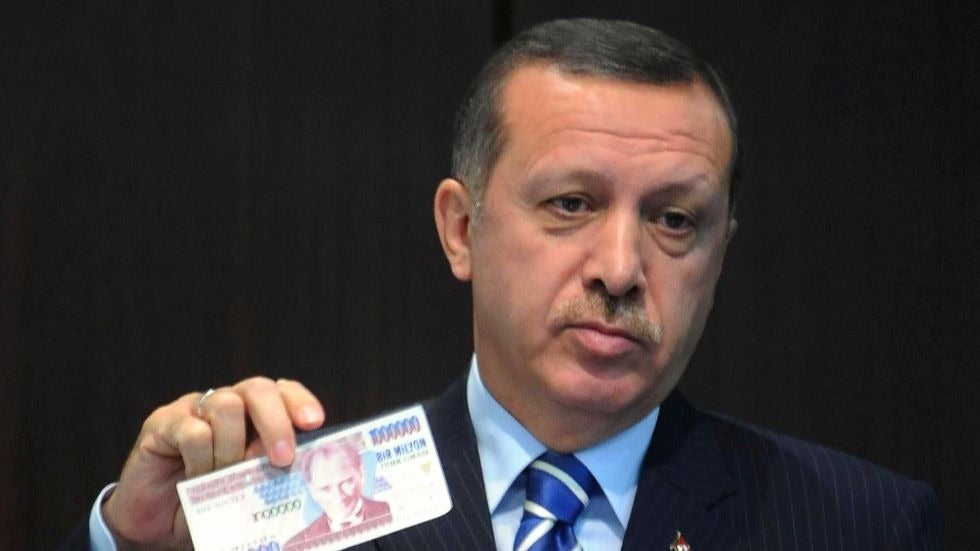If Turks oust President Tayyip Erdogan in elections this month it will largely be because of an economic reversal that saw their prosperity, equality and ability to meet basic needs start to tumble midway through his two-decade reign.
The May 14 vote, which lands during the Turkish Republic’s centenary year, is Erdogan’s biggest test yet. Some polls show he is trailing an opposition candidate, Kemal Kilicdaroglu, who would reverse his unorthodox and heavy-handed economic policies.
Erdogan’s support has slipped in the last few years as a series of currency crashes and a deepening cost-of-living crisis were brought on by his policy of slashing interest rates in the face of soaring inflation.
But by other measures of economic well-being the decline began earlier, around 2013, which marked a turnaround after a decade of high growth and prosperity under Erdogan and his Islamic-rooted AK Party.
That was the year that unprecedented nationwide protests against his government prompted a lasting crackdown on civil liberties. At the same time, a global reversal in market liquidity left Turkey and other emerging markets starved for funding.
Starting in 2013, foreign investors began abandoning Turkish assets, eventually leaving FX, credit and debt markets heavily state-managed in the emerging market economy that was once a star among Western fund managers.
“In the past, Erdogan could deliver for supporters. But the economic crisis was damaging. His supporters still like him, and love him even, but they have been unhappy about having to pay the price for that,” said Seda Demiralp, chair of the Department of International Relations at Isik University in Istanbul.
Erdogan retains strong support among rural and working-class conservatives and nationalists. He and his ruling coalition could yet prevail in the presidential and parliamentary votes, polls show.
The government says its rate cuts boosted exports and investments as part of a programme that encouraged lira holdings. It doubled the minimum wage in the last 18 months and spent record levels on social aid, helping keep economic growth strong at above 5% last year.
The stimulus helped unemployment dip to 10% from near 14% in the last two years.
But by cutting the policy rate to 8.5% from 19% since 2021, authorities sent inflation soaring to its highest level under Erdogan’s watch to above 85% last year. The last time annual inflation touched the official target of 5% was in 2011.
The year 2011 was also when inequality began rising, according to a Gini index of income and wealth distribution. This trend accelerated in 2013, wiping out big gains made in 2006-2010 during Erdogan’s first decade in charge.
The UK-based think tank Legantum Institute ranks Turkey 95th globally in its prosperity index, down 23 places since 2011 due to declines in governance and personal freedom.
Read the full article: https://www.saltwire.com/atlantic-canada/news/analysis-in-turkey-an-election-reckoning-for-the-rise-and-fall-of-erdogans-economy-100851200/
